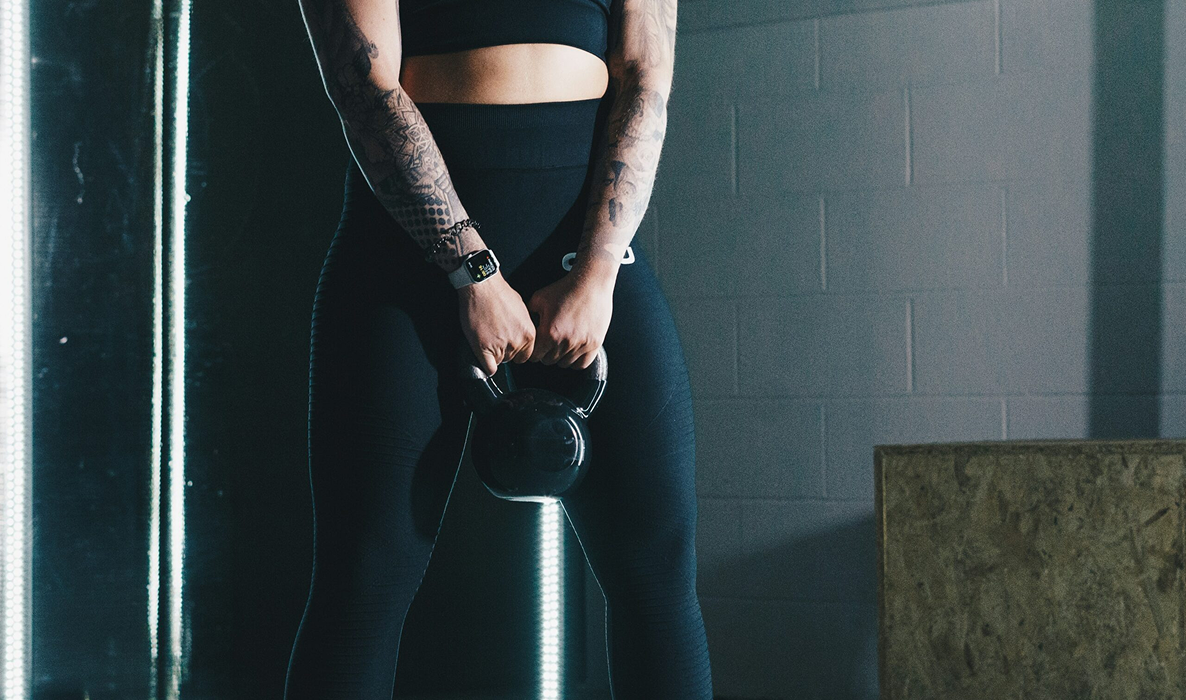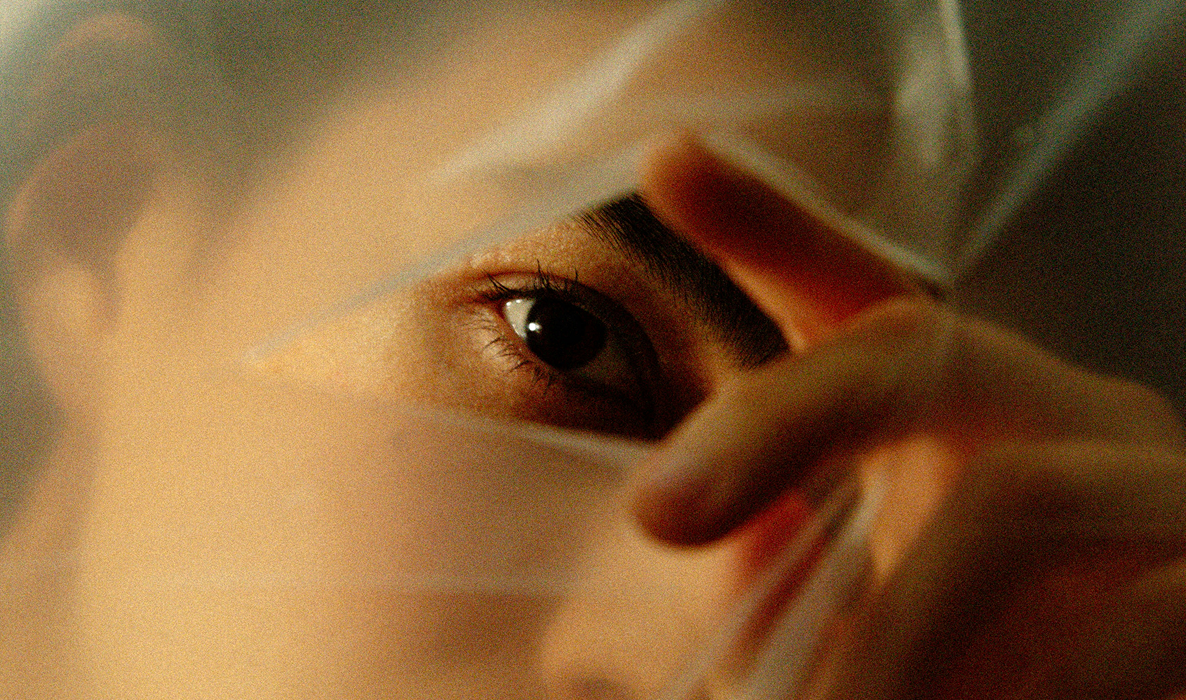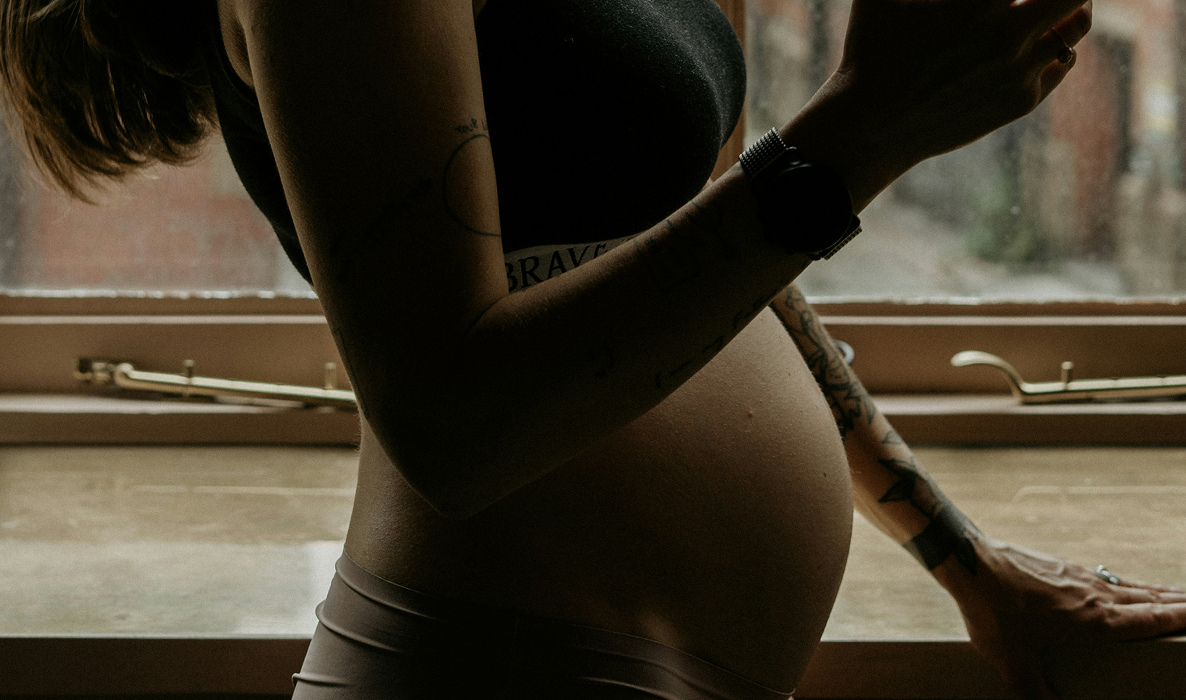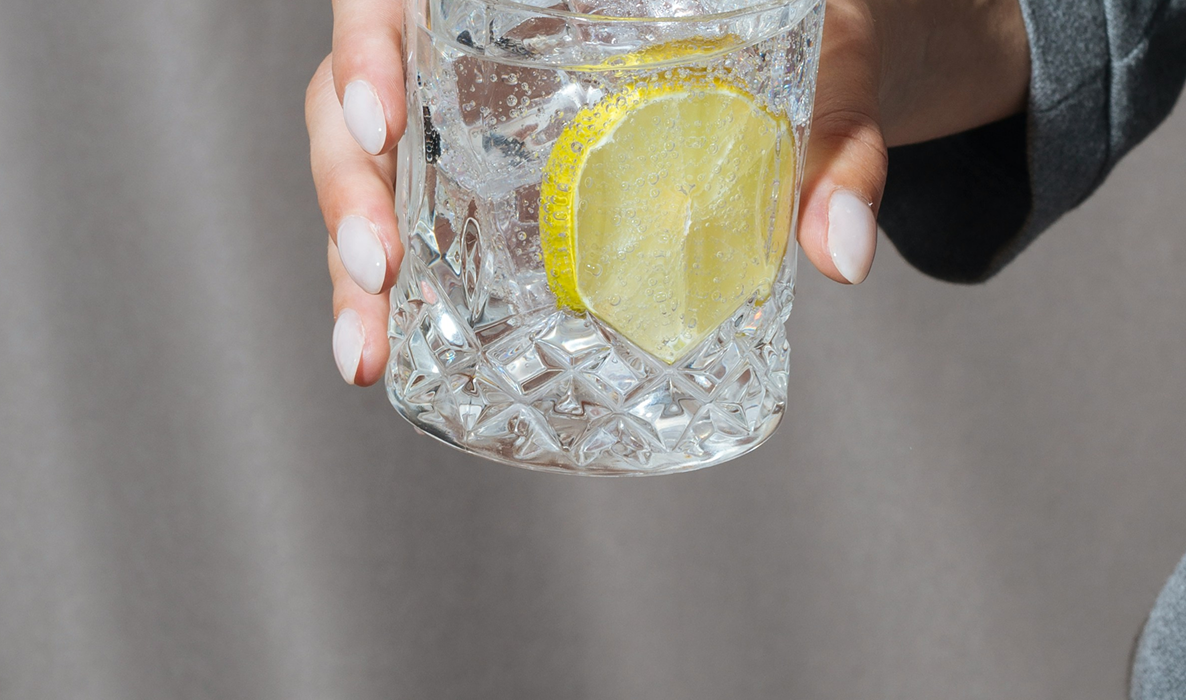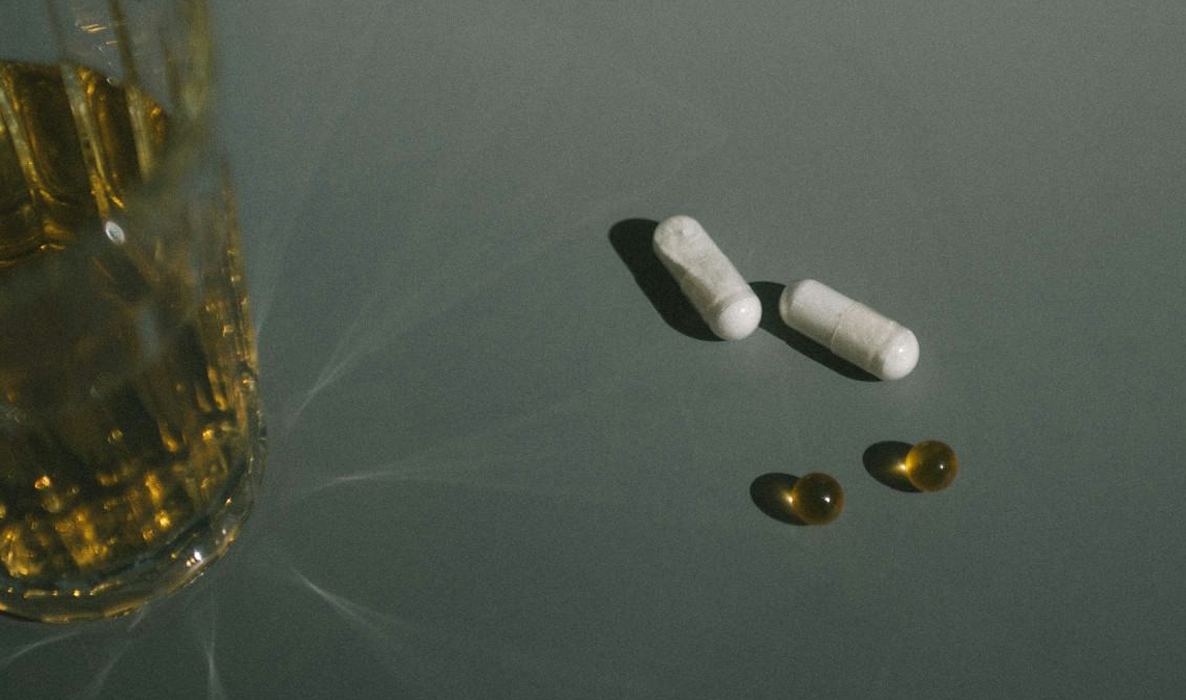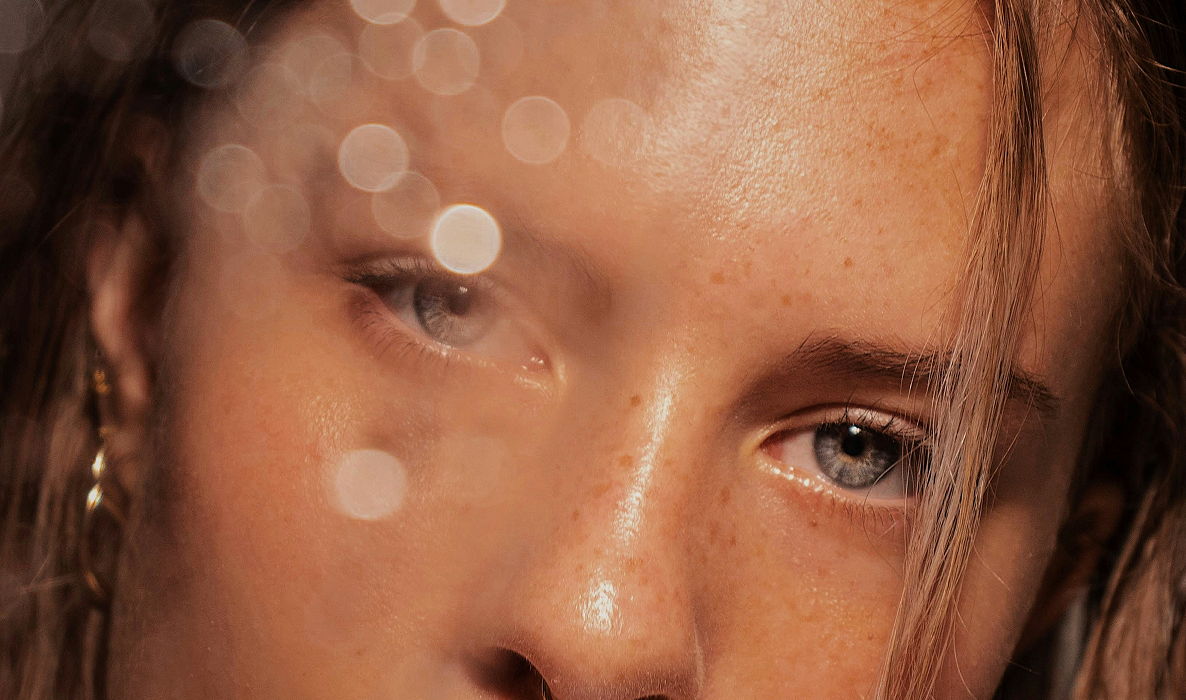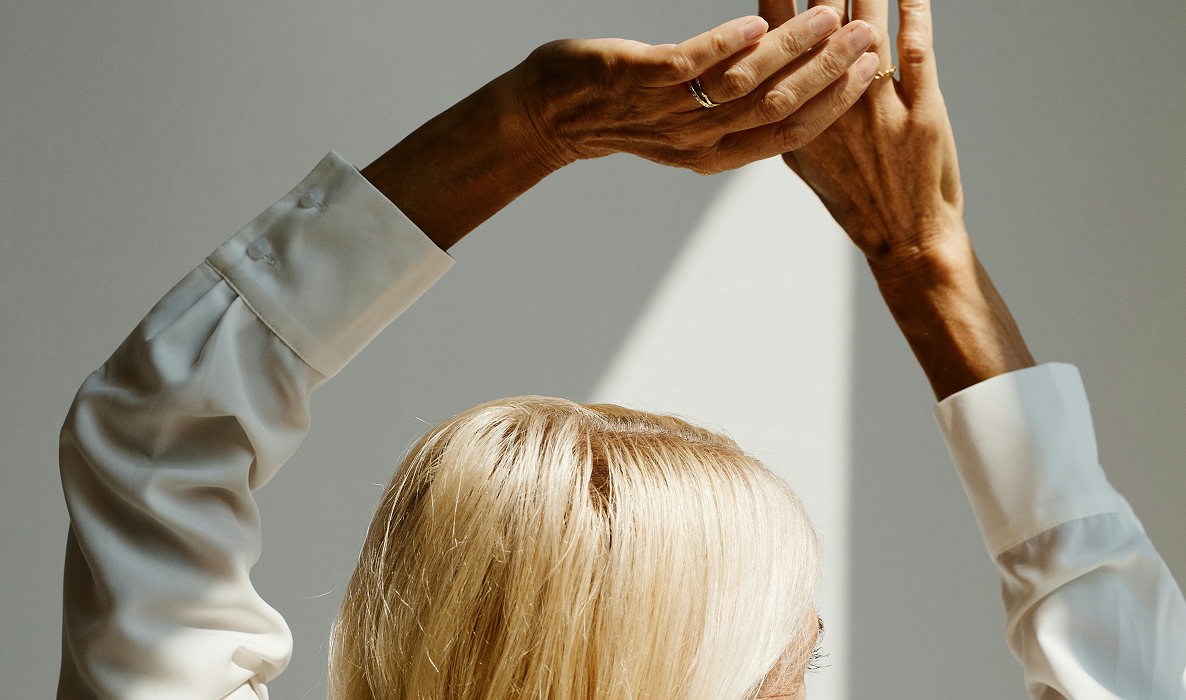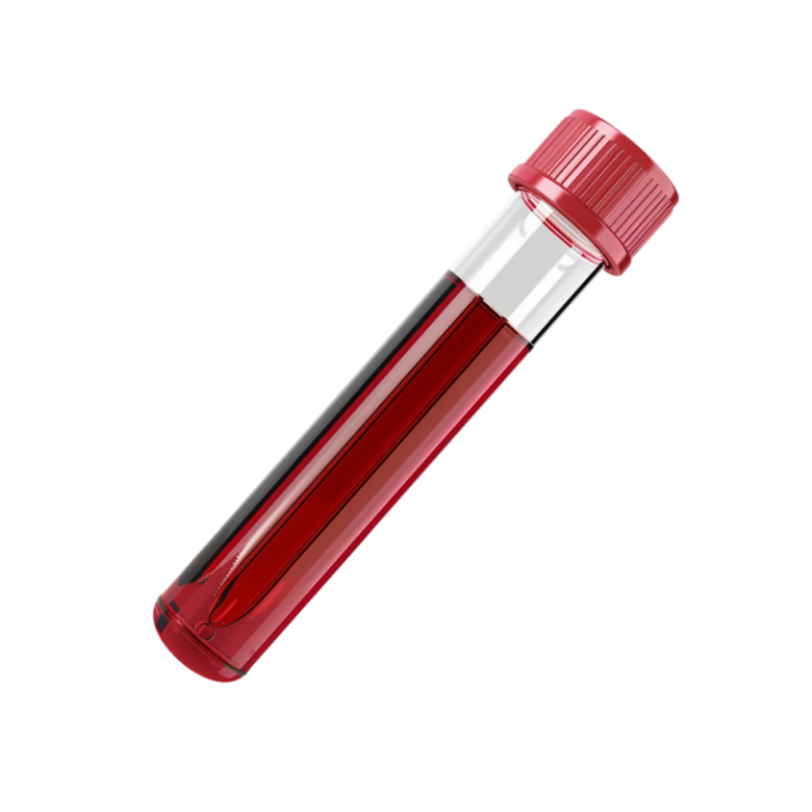Discover why building muscle after 40 is so important and how hormones help, plus the best training, diet and HRT tips to stay strong and energized.
As we reach our forties, many of us start to notice subtle changes in our bodies. Less muscle tone, a slower metabolism and more difficulty losing weight and bouncing back from injury. And while some of this is down to natural aging, a big piece of the puzzle is hormonal change.
Why We Lose Muscle As We Age
After the age of 30, according to the National Institute of Health, muscle mass decreases 3% to 8% each decade. After 40, this loss steps up a gear, and by the time menopause hits, many women experience a noticeable dip in strength, stamina and muscle tone.
Estrogen, the important female sex hormone, plays an important role in muscle repair and regeneration. As estrogen levels decline during perimenopause and menopause, the body becomes less efficient at maintaining muscle. Testosterone – yes, women produce it too – is also important for muscle development and strength, and levels of this hormone decrease as you age.
How Muscle Loss Affects Metabolism, Injury Risk and Quality of Life
Muscle health isn’t all about looking toned – it’s actually a driving force behind your metabolic health. The more muscle you have, the more calories you burn while you’re resting. That’s why muscle loss is often linked to weight gain during perimenopause.
Less muscle also means you’re more likely to suffer with injuries when you’re older as it affects your balance. Poor balance means you have a greater likelihood of falling. It can even affect your mental health as resistance training to build muscle is shown to help reduce anxiety and depression.
The Hormones That Support Muscle Health
- Estrogen supports muscle repair and reduces inflammation.
- Testosterone promotes muscle growth, strength and recovery.
- Growth hormones stimulate cell growth and regeneration.
When these hormones fluctuate and decline, our ability to build or keep muscle suffers. But the good news, support is available at Joi + Blokes.
How Hormone Therapy Can Help
Hormone Replacement Therapy (HRT) isn’t just about easing hot flashes and mood swings – it can also positively impact muscle mass and strength. Studies show that women on HRT can retain more muscle, recover faster from workouts and experience a boost in metabolism.
“My whole life I have been active and fit,” explained Joi + Blokes customer, Amina. “It felt like as soon as I turned forty, my body decided to start making some changes. I put on roughly fifteen to twenty pounds which has taken a toll on my emotional, physical and mental well-being.”
Amina came to Joi + Bokes to take control and with blood work and expert guidance from her clinician, they came up with the perfect plan. She is down eleven pounds, sleeping better and has more confidence. “Learning to love that person I see in the mirror everyday feels so good,” she adds.
Resistance Training and Diet Help To Optimize Hormones and Muscle Too
You don’t need to hit the gym seven days a week – but consistent strength training is key. Aim for two to three sessions each week focusing on compound exercises like squats, lunges, deadlifts and push-ups. These movements engage multiple muscle groups while also helping to support your body’s natural hormone function.
A protein-rich diet is also important. If you’re not into counting macros, make sure that at least a quarter of each meal is filled with a protein. Think lean meats (chicken and turkey), omega rich fish (salmon), nuts, Greek yogurt, and eggs.
You can stay strong after forty – but it takes planning and intention.
Schedule a consult today to find out how you can set your future self up for decades of strength, vitality and resilience.


